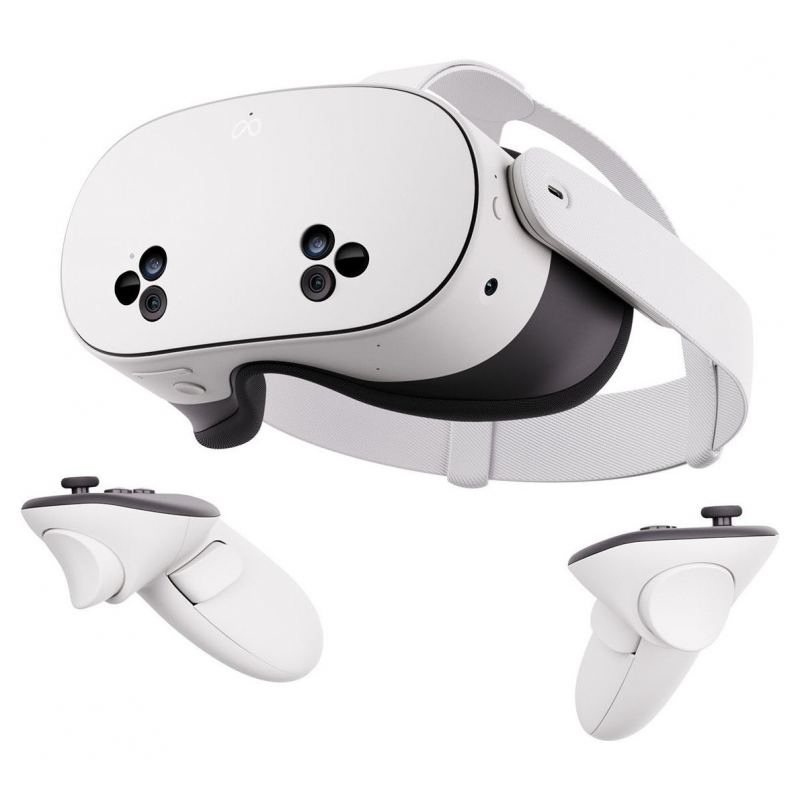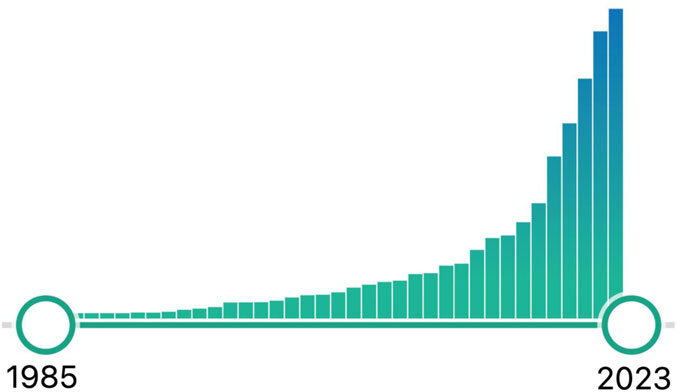Virtual Reality as an Elective Tool in Mental Health
Clinical Research with Virtual Reality
Virtual Reality boasts a vast scientific literature in the fields of psychology and mental health, as well as a heterogeneity of use cases in clinical-health and neuroscientific research. From 1985 to 2023, there are more than 26,000 peer-reviewed articles published on Pubmed.
The Characteristics of Virtual Reality
Virtual Reality stimulates:
• sense of presence
• multisensory experience
• experientiality
• engagement
• attention focusing
• psychological absorption
• flow
Virtual Reality allows:
• to experience protected, controlled, and guided experiences by professionals
• to carry out customized, realistic, or imaginary simulations
• to empathize with others' bodies
Virtual Reality generates:
• a multidimensional impact on all learning systems
• an increase in motivation and alliance with young users
• a reduction of stigma and drop-out
Virtual Reality gives greater ecological validity to scientific research.
Virtual Reality is gaining attention from numerous Health Institutions worldwide in the context of non-pharmacological interventions integrated into Digital Health.
The Required Hardware Specifications
The Virtual Reality headsets supported by the BECOME apps are Meta Quest 2, Meta Quest 3, and Meta Quest 3s, to which we recommend adding a strap (e.g., Kiwi) and a professional headset (e.g., AKG).

Subscribe to our Newsletter
Stay updated on the latest news related to psychological professions of the present and future, from training events to neuroscientific research, from news on digital psychology (Virtual Reality, Artificial Intelligence, and Hyperconnectivity) to updates on our products, directly in your inbox.
